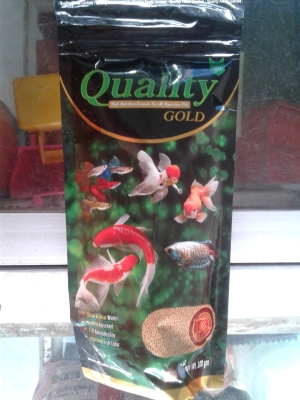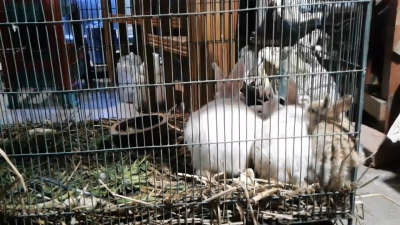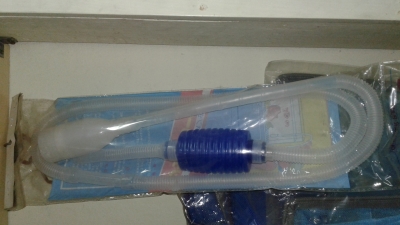Maintaining a healthy aquarium for your guppy fish is essential to ensure their well-being and longevity. Guppies are popular among both beginner and experienced aquarists due to their bright colors, hardy nature, and playful behavior. In this guide, we'll cover everything you need to know about creating and maintaining a healthy environment for your guppy fish, from tank setup and water quality to feeding and disease prevention.
Creating the perfect environment for guppy fish starts with setting up a proper aquarium. Here are the steps to ensure your guppy tank is ideal for their needs:
Maintaining clean and stable water conditions is vital for the health and happiness of your guppy fish. Here’s how to ensure your aquarium water stays in optimal condition:
A balanced diet is key to maintaining the health and vibrant colors of your guppy fish. Here's what you need to know about feeding them:
Guppies are generally hardy fish, but they are still susceptible to certain diseases, especially if kept in suboptimal conditions. Here are some tips to prevent and manage common guppy diseases:
To create a thriving guppy community in your aquarium, follow these additional tips:
Maintaining a healthy aquarium for your guppy fish is all about creating a stable and clean environment. By setting up an ideal tank, maintaining water quality, providing a balanced diet, and preventing diseases, you can ensure your guppies thrive and bring vibrant energy to your home. With proper care and attention, your guppy fish will lead healthy, happy lives and brighten up any aquarium.
Blue Grass Guppies are stunning and peaceful fish that thrive in community tanks when paired with compatible tank mates. Choosing the right companions
Red Moscow Guppies are prized for their deep, uniform red coloration. However, maintaining and enhancing their vibrant hue requires careful breeding,
Introduction The Purple Mosaic Guppy is a captivating freshwater fish prized for its intricate patterns and vibrant hues. This unique guppy variety a
Breeding Blue Dragon Guppies can be a rewarding experience, especially when you’re aiming to preserve their stunning colors and patterns. Follow the
The Red Dragon Guppy and Blue Dragon Guppy are two of the most stunning guppy varieties, loved by aquarium enthusiasts for their vibrant colors and un
Yellow Pingu Guppies are renowned for their stunning yellow bodies and unique black markings, making them a centerpiece in any aquarium. To keep them
Aquarium color shrimp, such as Neocaridina and Caridina species, have become increasingly popular due to their stunning hues and patterns. These color
Guppy fish are one of the most popular freshwater fish for both beginner and experienced aquarists. Their vibrant colors, lively behavior, and ease of
Adding shrimp to your aquarium not only boosts its visual appeal but also helps maintain a healthy ecosystem. These tiny crustaceans come in a variety
Yellow Pingu Guppies are celebrated for their vibrant yellow bodies and unique black markings, making them a prized choice among aquarists. Breeding t
Guppy fish are one of the most popular freshwater aquarium fish due to their vibrant colors, easy maintenance, and lively nature. Known scientifically
Introduction Blue Mosaic Guppies are prized for their intricate patterns and brilliant blue hues. Breeding them successfully while preserving their s

Price: N/A

Price: N/A

Price: N/A

Price: N/A

Price: N/A

Price: N/A

Price: N/A

Price: N/A

Price: N/A

Price: N/A